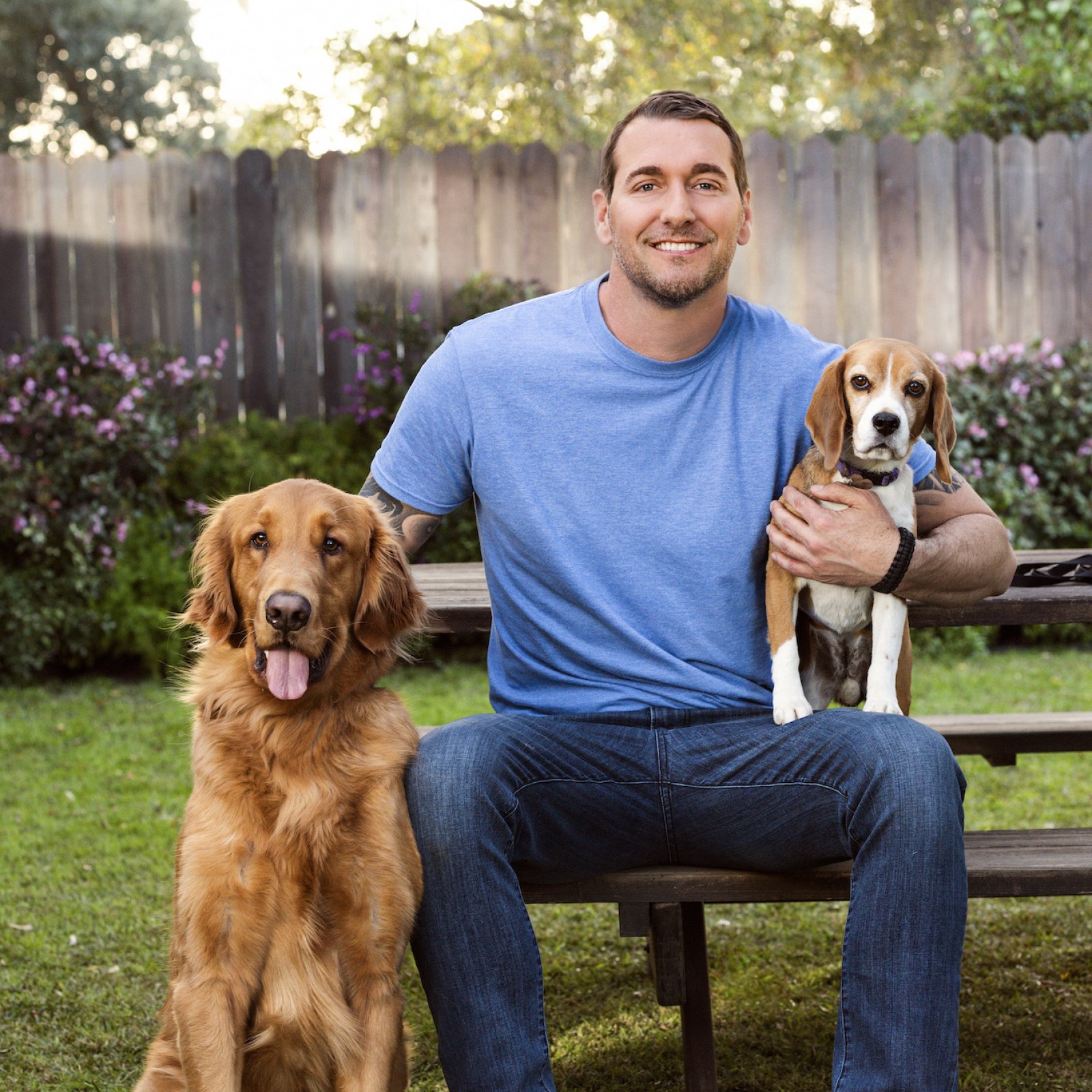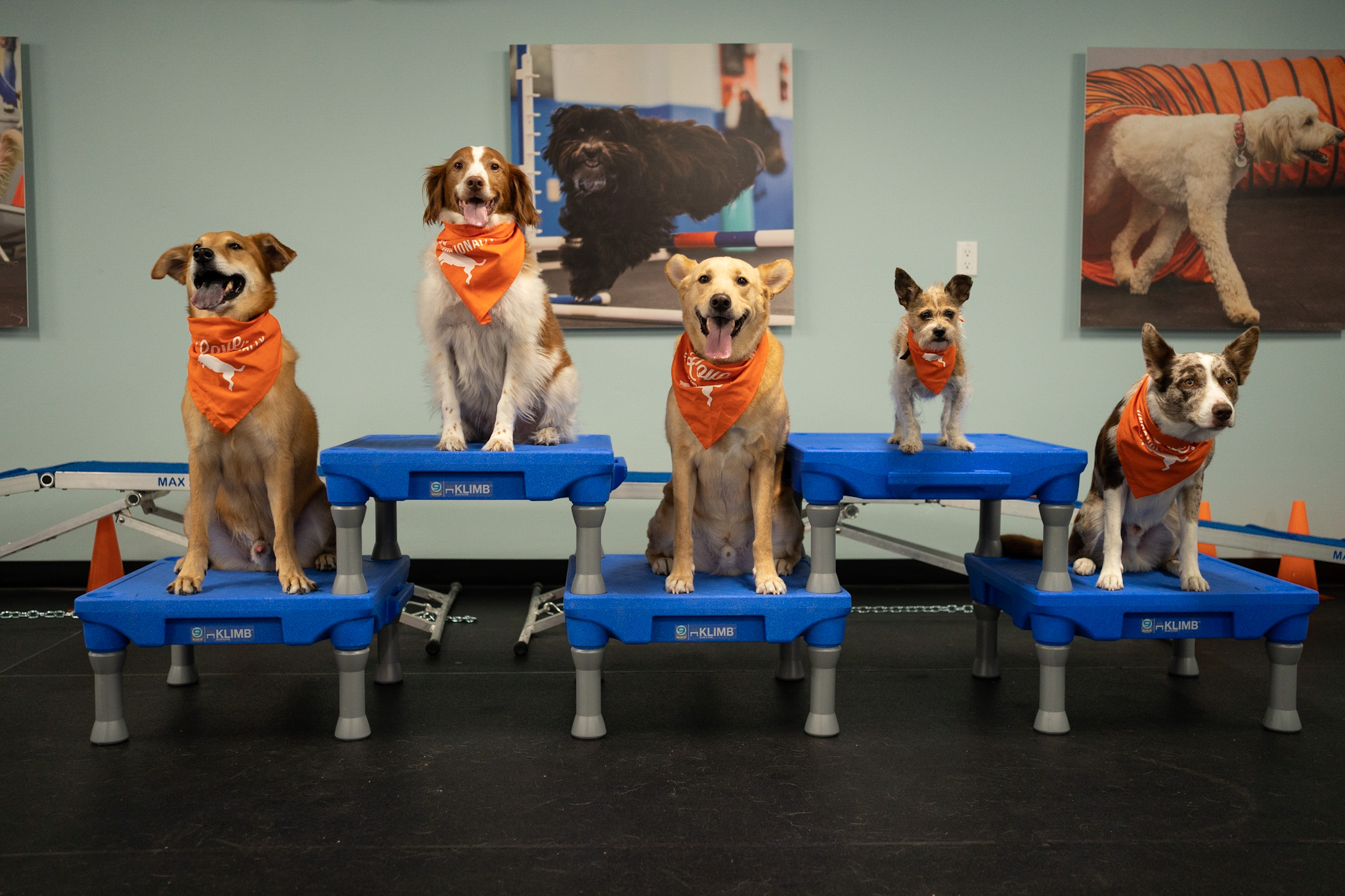The Ultimate Guide to Dog Training Charlotte: Strategies for Success
The Ultimate Guide to Dog Training Charlotte: Strategies for Success
Blog Article
The Ultimate Guide to Pet Training: Building a Satisfied, Obedient Pet
Reliable pet training is a complex procedure that pivots on a deep understanding of canine habits and the application of tested methods. By welcoming favorable reinforcement and constant command usage, pet proprietors can cultivate not just obedience yet likewise a strong, trusting partnership with their pets.

Comprehending Pooch Habits
How does a dog's actions reflect its psychological and psychological state? A dog's activities can function as a home window right into its sensations, needs, and total psychological wellness. A wagging tail generally symbolizes happiness and excitement, while a lowered tail might indicate worry or entry. Vocalizations such as whining or barking can connect a selection of feelings, from joy to distress.
Body language likewise plays a vital duty in understanding canine behavior. A relaxed posture and open mouth signal convenience, whereas stressful muscular tissues and pinned ears might suggest anxiousness or aggressiveness. Observing these signals is important for determining the source of a pet's behavior, whether it stems from stress, fear, or excitement.
Additionally, a dog's communication with its atmosphere and various other animals can offer insight into its mood. For example, a dog that involves happily with other dogs is most likely sensation social and safe, while one that displays avoidance or aggressiveness might be experiencing anxiety or insecurity. Comprehending these behavioral signs is crucial for promoting a solid connection in between the pet and the proprietor, eventually adding to the pet dog's emotional wellness and well-being.
Essential Educating Strategies
Reliable canine training strategies are vital for promoting desirable behaviors and reinforcing the bond between a pet and its owner. Using positive support is one of one of the most effective techniques, where incentives such as deals with, praise, or play are offered to reinforce preferred actions (dog training charlotte). This urges the canine to duplicate those behaviors, producing a favorable knowing atmosphere
Consistency is an additional crucial aspect in pet training. Commands should be uniform and clear, and all member of the family need to use the exact same rules to prevent perplexing the pet. Timing is equally essential; benefits need to be given right away after the preferred actions to develop a clear connection between the activity and the benefit.
In addition, short and engaging training sessions are effective, as canines have differing focus periods. Purpose for sessions of 5 to 15 mins, relying on the dog's age and energy level. Incorporating play into training can also enhance inspiration and satisfaction for both the dog and the proprietor.
Last but not least, persistence is critical. Dogs discover at their very own speed, and keeping a calm demeanor will aid alleviate frustration, ensuring a positive training experience. These essential strategies prepared for successful pet training and an unified relationship.
Fundamental Commands to Show

Use treats, praise, and play to compensate your pet's successes. By instilling these standard commands, proprietors outfit their dogs with the abilities needed for a unified and well-behaved relationship.
Addressing Usual Behavioral Issues
Understanding and resolving usual behavioral issues in pets is essential for cultivating a harmonious partnership in between family pets and their proprietors. Lots of article pets display habits such as extreme barking, chewing, or hostility, which can come from anxiety, dullness, or absence of proper training. Recognizing the root reason of these actions is the initial step toward reliable treatment.
For instance, extreme barking may indicate a demand for attention or a reaction to ecological stimulations. In such instances, owners must evaluate the dog's setting and offer sufficient psychological excitement, such as interactive toys or normal exercise. Eating can commonly be taken care of by redirecting the actions to appropriate chew items and ensuring that the canine has adequate exercise to decrease boredom.
Hostile behavior needs careful handling and might demand expert training support. It's important to recognize that punishment can exacerbate anxiousness and aggression, resulting in a cycle of behavioral concerns. Instead, concentrate on positive reinforcement strategies to compensate preferable behaviors and reinforce a complacency.
Building a Favorable Training Atmosphere
Developing a favorable training setting is fundamental for reinforcing desirable actions in dogs and minimizing behavior problems. This setting should be defined by consistency, encouragement, and a clear understanding of the training purposes. By establishing a routine, pet dogs learn what is expected of them, which helps in reducing anxiousness and confusion.
Using positive reinforcement techniques, such as deals with, praise, and play, fosters a complacency and inspiration in the dog. Rewarding excellent actions quickly and regularly strengthens the desired actions, making the training procedure a lot more reliable - Dog training. Additionally, trainers should stay client and tranquility, as canines are delicate to their trainers' feelings
The training room should be without disturbances to guarantee the pet dog can concentrate on the jobs at hand. Consider utilizing a silent official site space or a safe outdoor location. Incorporating play and socialization right into training sessions promotes a well-rounded technique, boosting the pet's learning experience.
Inevitably, a favorable training setting nurtures a strong bond in between the canine and trainer, leading to a loyal, satisfied animal. By prioritizing this atmosphere, family pet proprietors can properly deal with behavioral obstacles and cultivate an effective training journey.
Verdict
Efficient dog training depends on an extensive understanding of canine habits and the application of positive support methods. By understanding necessary commands and addressing behavior concerns with perseverance and clear interaction, proprietors can cultivate a solid bond with their pets. Creating an encouraging training environment boosts security and depend on, ultimately bring about the development of a well-behaved and joyful friend. Taking on these principles makes sure a satisfying training experience for both pets and their owners.
Reliable pet dog training is a multifaceted process that hinges on a deep understanding of canine habits and the application of proven strategies. A pet dog that involves playfully with various other dogs is most likely feeling safe and secure and social, while one that exhibits avoidance or hostility may be experiencing anxiety or insecurity.Effective pet training methods are essential for promoting desirable behaviors and enhancing the bond in between a canine and its proprietor.Creating a favorable training setting is fundamental for reinforcing preferable actions in dogs and reducing behavioral concerns.Effective pet training relies on a detailed understanding of canine habits and the application of favorable support methods.
Report this page